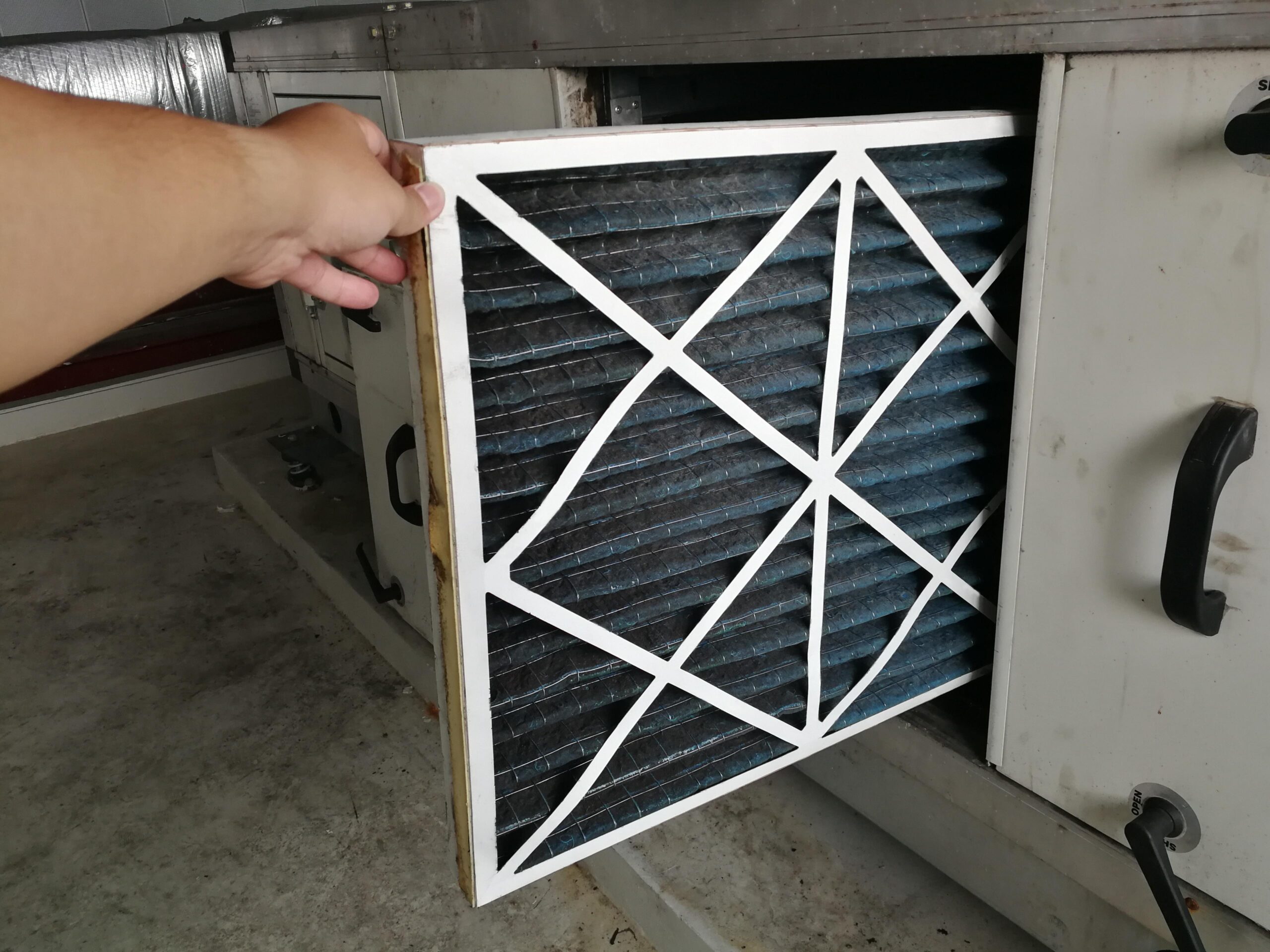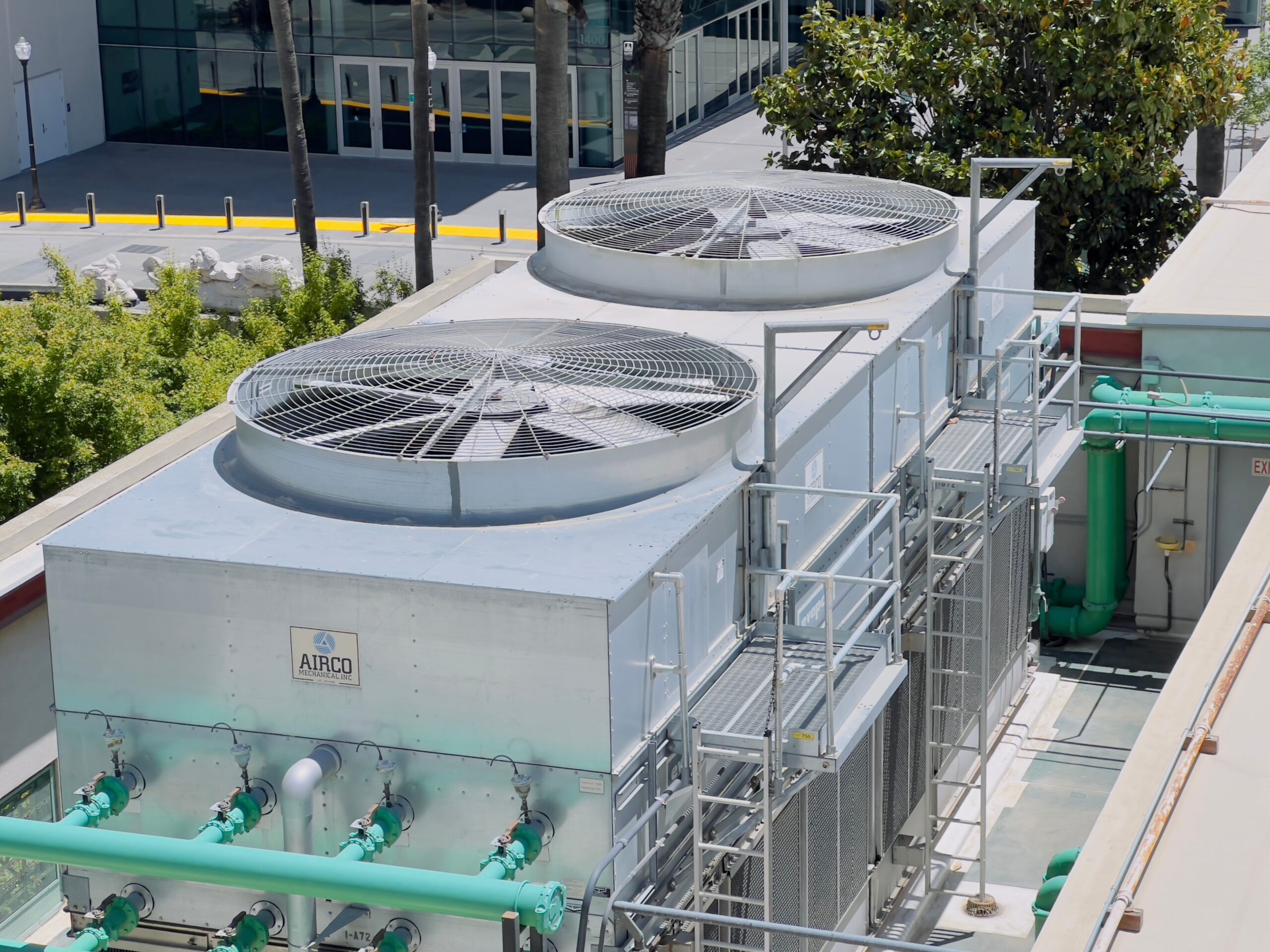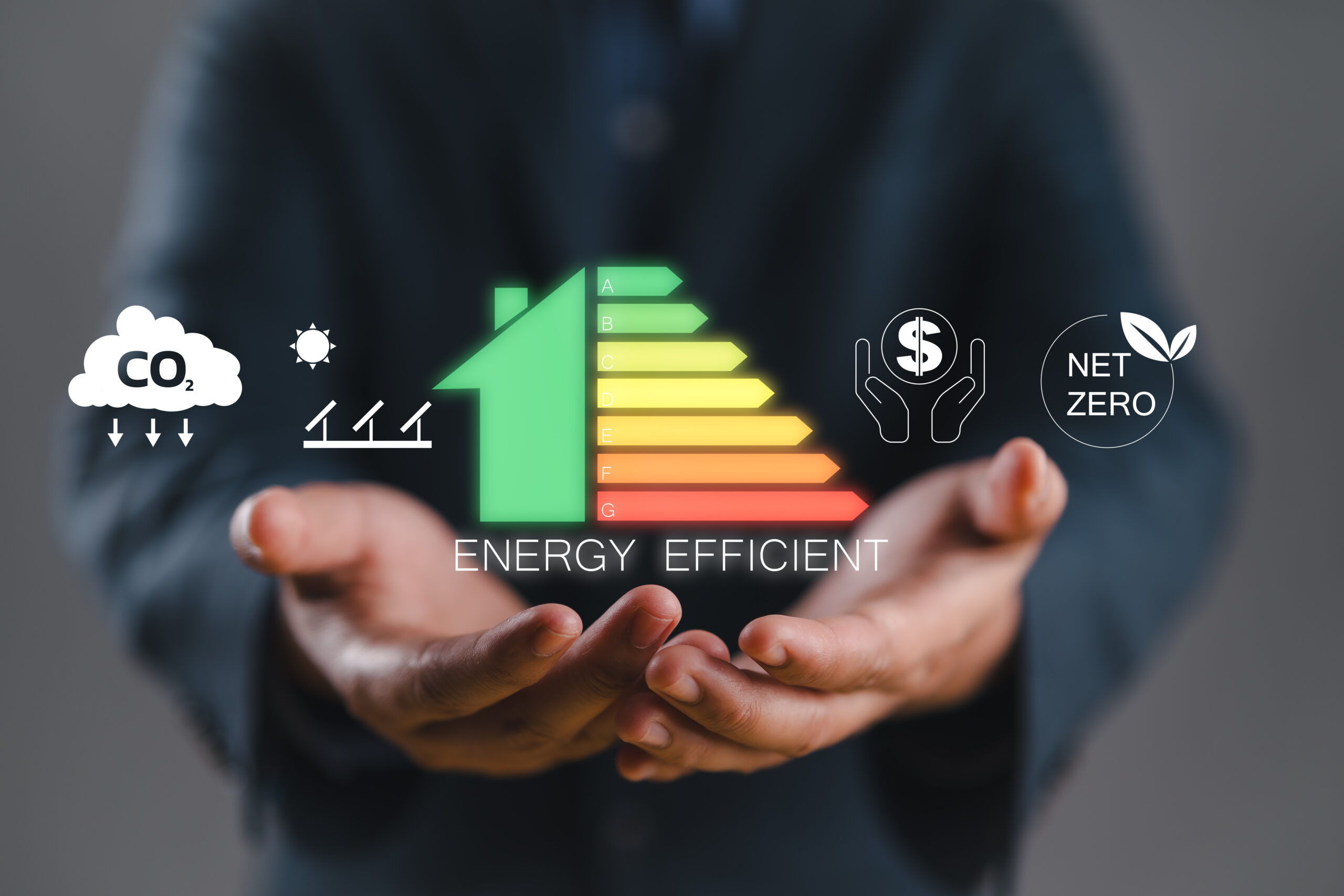Will a Heat Pump Work in Below Freezing Temps?
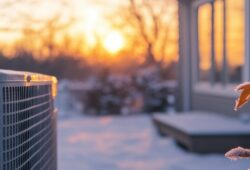
As winter approaches, many homeowners find themselves questioning whether their heat pump is up to the task of keeping their home warm. It’s a valid concern — after all, heat pumps work by extracting heat from the outside air, so what happens when there’s seemingly no heat to be found?
Understanding the Basics of Heat Pumps
First things first, let’s make sure we’re all on the same page about what a heat pump actually is. Despite its name, a heat pump isn’t just for heating. It’s an all-in-one heating and cooling system that can keep your home comfortable year-round. The fundamental principle behind a heat pump is heat transfer rather than heat generation. In winter, it extracts heat from the outside air and transfers it indoors. In summer, the process is reversed, with the heat pump removing heat from indoor air and expelling it outside. If you’re considering heat pump installation for colder climates, our experts can help
Cold, Hard Facts About Heat Pumps & Freezing Temperatures
Now, you may be asking yourself, “Will a heat pump still work when the temperature drops below freezing?” The simple answer is yes; technically, it will. The long answer? Yes, but with some caveats. Let’s break it down:
Operating Range
Standard heat pumps are designed to operate at full heating capacity until the outdoor temperature drops to around 35°F. On the other hand, cold-weather (also known as cold-climate) heat pumps are more resilient, maintaining full capacity down to about 5°F before they begin to lose efficiency. Now, during extreme cold snaps, both types of heat pumps will continue to extract heat from the outdoor air and warm your home, but they might not be able to reach the same level of comfort you’re used to enjoying during milder weather.
So, on those exceptionally cold days (especially for homes with standard heat pumps) you may need to adjust your expectations or consider using a backup heating source.
Efficiency Metrics
Heat pump performance is measured by its Coefficient of Performance (COP). In simple terms, a COP of 3 means that for every unit of electricity the heat pump uses, it produces 3 units of heat. At 47°F, a typical heat pump might have a COP of 4. But when the temperature drops to 17°F, that same heat pump’s COP might drop to 2.5. It still produces more heat than the electricity it consumes, but not as efficiently as it would in milder weather. Regular maintenance can improve your heat pump’s efficiency.
What to Expect from Your Heat Pump in Freezing Weather
Okay, so we’ve settled the question of whether heat pumps can work in freezing temperatures, but what does this mean for you?
Comfort Levels
In moderately cold temperatures (around 25-35°F), most modern heat pumps can keep your home comfortable without working too hard. And if we’re being honest, you probably won’t even be able to tell the difference compared to milder weather.
But as temperatures drop further, you might notice that your heat pump runs for longer periods. This is normal — it’s just working harder to extract the available heat from the cold air. Your home should still stay warm, but it might take a bit longer to heat up if you’ve been away or have turned the thermostat down.
Energy Consumption
When it’s freezing outside, your heat pump uses more electricity to keep your home warm. This is simply because it has to work harder to extract heat from the colder air. However, in many cases, it’s still more efficient than traditional electric resistance heating. If your system has backup electric resistance heating, you might see a spike in electricity usage when this kicks in during extremely cold weather. It’s a trade-off between comfort and energy consumption.
Are Heat Pumps Right for Every Region?
Sure, heat pumps can work in freezing temperatures. But does that mean they’re the best choice for every homeowner? Let’s break down some geographical considerations:
Mild to Moderate Winter Climates
In areas where winter temperatures rarely dip below 20°F, standard heat pumps provide efficient heating most of the time and can usually handle the occasional cold snap.
Occasional Extreme Cold
Regions that experience regular sub-freezing temperatures but only occasional extreme cold (10°F) can still benefit from heat pumps, especially newer, cold-climate models. However, a backup heating system is often recommended.
Extremely Cold Climates
In areas where temperatures regularly plummet below 0°F (for extended periods of time) traditional heat pumps may struggle. Now, that doesn’t mean heat pumps are a “bad” choice altogether. In fact, manufacturers are coming out with better and better cold-climate heat pumps every year. However, in these regions, they’re often used in conjunction with other heating systems, rather than as a standalone solution.
The Bottom Line
So, can a heat pump operate in sub-freezing temperatures? Sure, but the colder it gets (especially below 5°F), the harder it becomes for the heat pump to maintain your desired indoor temperature. On those exceptionally cold days, you may need to adjust your expectations or consider using a backup heating source to supplement your heat pump.
Remember, If you’re thinking about getting a heat pump, it’s always best to talk to a professional HVAC company first. They can take a look at your home, consider things like your local climate, and help you figure out which heat pump is right for you. That way, you can be sure you’re getting a system that will keep you comfortable no matter how cold it gets outside.
Ready to Maximize Your Heat Pump’s Performance This Winter?
Don’t let cold weather compromise your home’s comfort. Our team specializes in heat pump installations and maintenance to ensure your system runs efficiently all year round. Contact us today for a consultation or to schedule a service to learn more about how we can keep your home warm, even in the coldest conditions!
Questions or need more information?
Contact Us

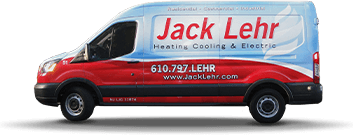
We Treat You Like Family
When you choose Jack Lehr Heating Cooling & Electric, you’ll benefit from our:
When you choose Jack Lehr Heating Cooling & Electric, you’ll benefit from our:
- 50+ years of experience
- Our installation and service guarantees
- Top-of-the-line products
- Respect for your home or business
- Financing options
- And much more!

